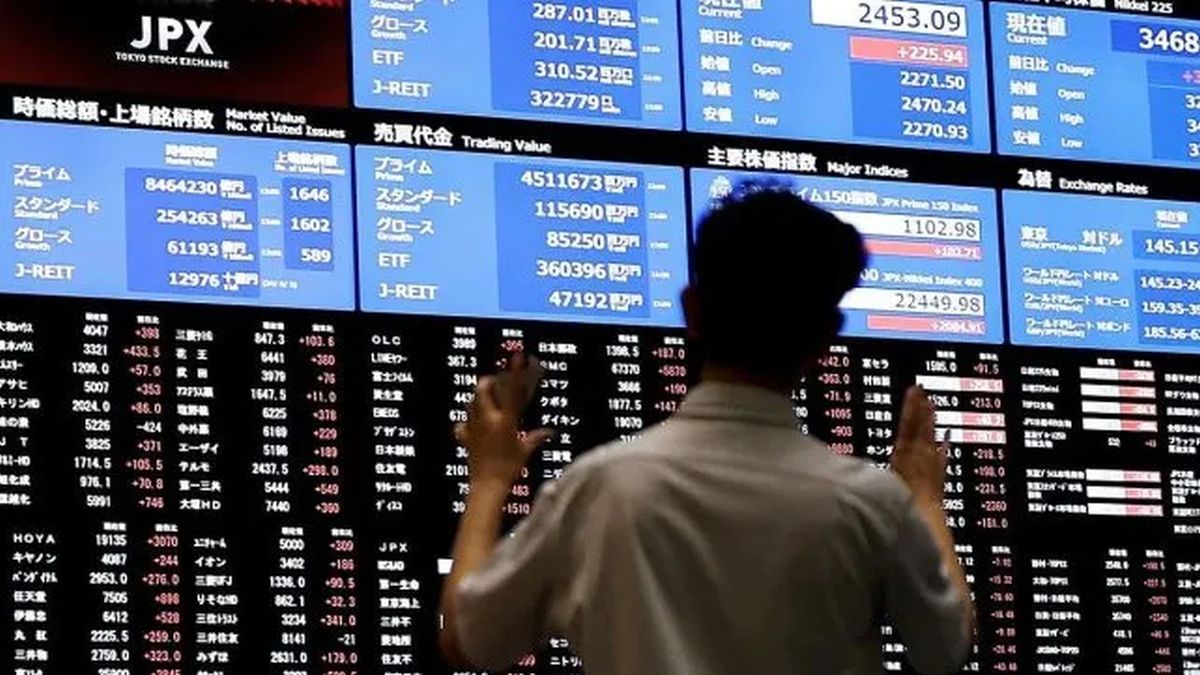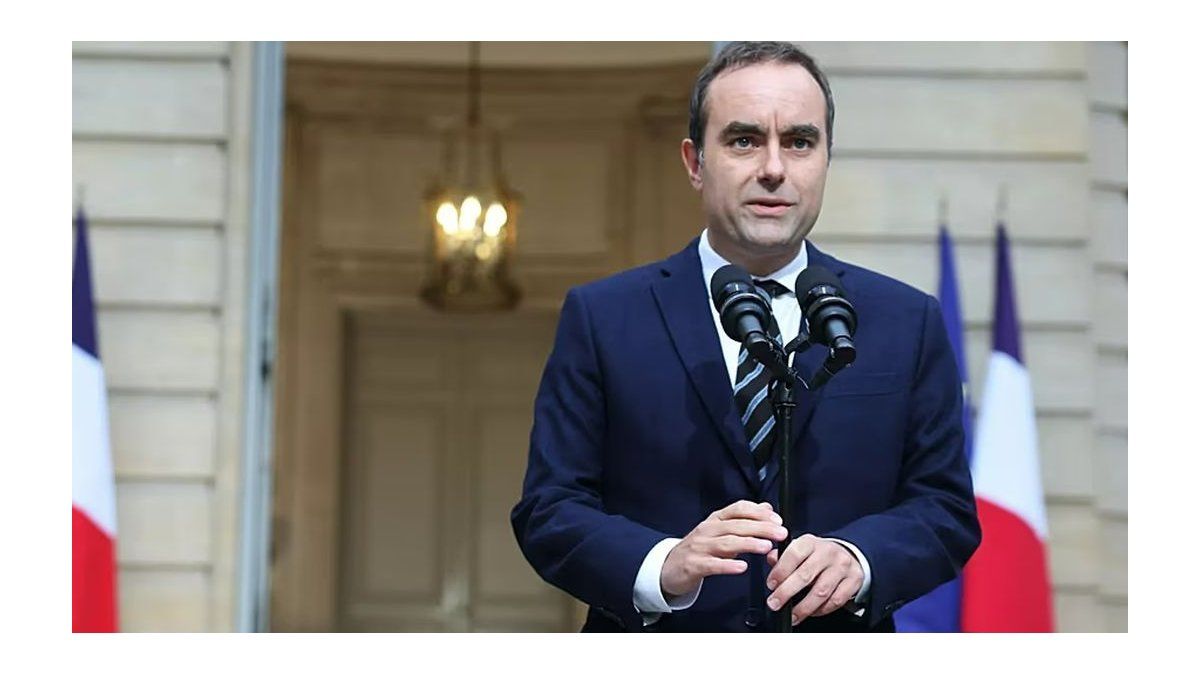Economists are pessimistic about the near future. Inflation could continue to rise, and numerous households could barely make ends meet with their money. Save some? none. Prosperity could fall permanently.
There is no lasting relief in sight for inflation – on the contrary: many things are likely to become even more expensive in the near future. According to Bundesbank President Joachim Nagel, inflation could reach double digits in the autumn months. “The fuel discount and the nine-euro ticket are running out, which should increase the inflation rate by a good one percentage point,” Nagel told the “Rheinische Post” (Saturday). In addition, there is the gas levy, even if there is relief from the planned reduction in VAT on gas. Overall, an inflation rate of ten percent is possible. As a result, according to the savings banks, the majority of Germans are increasingly reaching their financial limits due to high inflation.
“We expect that because of the significant price increase, up to 60 percent of German households will have to use their entire disposable income – or more – monthly for pure living expenses,” said Helmut, President of the German Savings Banks and Giro Association (DSGV). Schleweis, the “Welt am Sonntag”. According to the Sparkasse wealth barometer, only 15 percent were unable to put money away a year ago.
Volksbanks and Raiffeisenbanks are also observing that customers have less room to manoeuvre. “The high inflation robs consumers of purchasing power, which reduces their ability to save,” said the board of directors of the Association of German Volksbanken and Raiffeisenbanken (BVR), Andreas Martin, the newspaper. Many are still benefiting from savings that would have accumulated during the Corona period due to a lack of consumption options. “The peak of the savings rate was around 16 percent in 2020, for 2022 we expect a return to the pre-crisis level of eleven percent,” said Martin.
DIW President fears a downward spiral
The President of the German Institute for Economic Research (DIW), Marcel Fratzscher, fears a downward spiral: “High inflation depresses customers’ willingness to buy, which means that companies have less money to invest. That could start a downward spiral with one for one or set in motion the weak economic performance that has lasted for two years,” Fratzscher told the “Spiegel”. The “price shock” is causing a permanent loss of prosperity in large parts of the population.
Bundesbank President Nagel makes the historical dimension clear: “Double-digit inflation rates were last measured in Germany more than seventy years ago.” In the fourth quarter of 1951, according to the calculations made at the time, the inflation rate was eleven percent. There is no all-clear for the coming year either. “The issue of inflation will not go away in 2023.” After the inflation rate for 2022 as a whole should be eight percent according to European calculations, Nagel expects a rate of six percent for the coming year. Energy costs remain the main driver.
In the savings banks, the situation is expected to worsen in autumn and winter, especially for people with small and medium-sized incomes. The tense situation is already evident when the current account is overdrawn. Anyone who uses the so-called overdraft facility to bridge short-term bottlenecks is now “much more exploiting” the framework on average.
Call for interest rate hikes to fight inflation
The Greens are calling for the amount of overdraft interest to be limited, which currently averages almost ten percent. “Basically, we Greens think it is necessary to cap overdraft interest by law,” said Green finance politician Stefan Schmidt. The interest cap is intended to protect people from escalating costs.
Nagel called for further interest rate hikes by the European Central Bank (ECB) to combat inflation. The next meeting will take place on September 8th. “It will be crucial to keep medium-term inflation expectations stable at two percent. I am convinced that the Governing Council of the ECB will take the necessary monetary policy measures,” said the Bundesbank President. He called on the collective bargaining partners to make responsible collective bargaining agreements.
Meanwhile, the federal government is still looking for ways to mitigate the consequences of the rise in inflation. A third “relief package” will probably not be decided until September.
Source: Stern
Jane Stock is a technology author, who has written for 24 Hours World. She writes about the latest in technology news and trends, and is always on the lookout for new and innovative ways to improve his audience’s experience.




